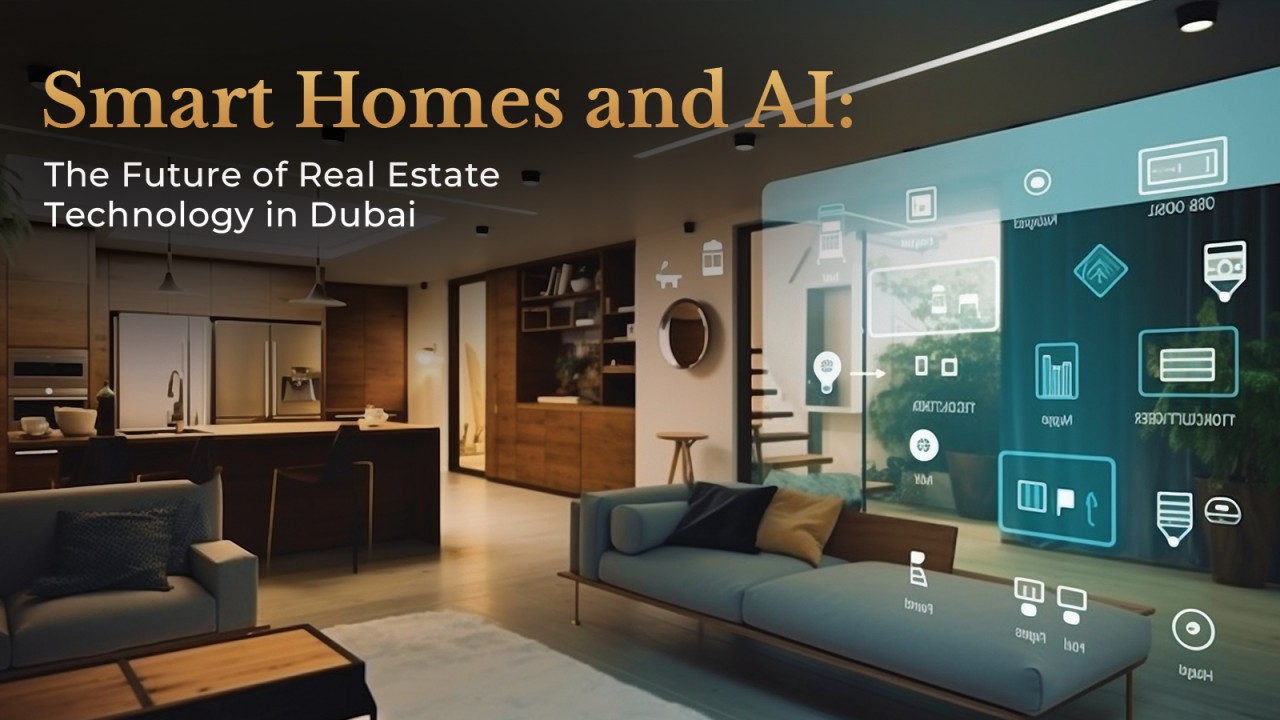The transformation of the real estate market through the integration of intelligent technology is not just a trend, it’s the future. As we look towards this burgeoning horizon, understanding the shift in home automation and its impact on values becomes crucial.
This blog post explores the influence of intelligent homes on the real estate landscape, discussing the significant trends, how they enhance property values, and considerations for investing in these technologies.
Values and Benefits of Smart Home Integration
The advent of intelligent home technology has redefined the parameters of comfort, convenience, and security within our living spaces. This significant shift is not only altering how we interact with our homes but is also impacting the values and desirability of real estate in the market.
Implementing advanced systems that allow for automated control of lighting, heating, security, and entertainment devices not only adds a layer of sophistication but also improves energy efficiency and safety, making properties more attractive to potential buyers.
Furthermore, the customization and flexibility offered by smart home technology cater to a variety of lifestyles, ensuring that homes are not just places of residence, but personalized habitats that reflect the unique preferences of their inhabitants.
For insights into the latest advancements, refer to Trends in smart home technology.
Enhancement of Property Values
The integration of smart technologies into homes is not just a matter of added convenience; it’s a strategic investment that can significantly impact property values. In an increasingly tech-savvy market, properties equipped with intelligent systems are often appraised higher than their conventional counterparts.
This increase in value stems from the potential of smart homes to reduce living costs through energy efficiency, enhance security, and provide a level of customization and convenience that is highly sought after by the modern homeowner.
Discover more about how these innovations are shaping the market in Impact of smart homes on property values.
Challenges and Considerations
While the benefits of integrating smart technology into homes are considerable, there are challenges and considerations that homeowners and investors must take into account. These include the initial costs of installation, the complexity of keeping up with rapidly evolving technologies, and ensuring privacy and data security.
Investing in systems that offer scalability and compatibility with existing and future technologies can mitigate some of these challenges, ensuring that smart homes remain functional and relevant in the long term.
For a comprehensive guide on making informed investments in this technology, see Considerations for investing in smart home technology.
Looking Towards the Future
As we look towards the future, the role of smart homes in real estate is set to become increasingly integral. With advancements in technology continually pushing the boundaries of what is possible, the demand for intelligent, adaptable living spaces is on the rise.
Moreover, the potential for smart homes to contribute to more sustainable living practices positions them as an essential component of future real estate development strategies.
Embracing these technologies not only enhances property values but also aligns with a broader societal shift towards efficiency, security, and personalized living experiences.
In conclusion, the integration of smart home technology represents a significant evolution in the real estate market, redefining the concept of value in properties. By embracing these advancements, homeowners and investors alike stand to benefit from not only enhanced property values but also improved quality of life. As this trend continues to grow, staying informed and adaptable will be key to navigating the future of real estate.


